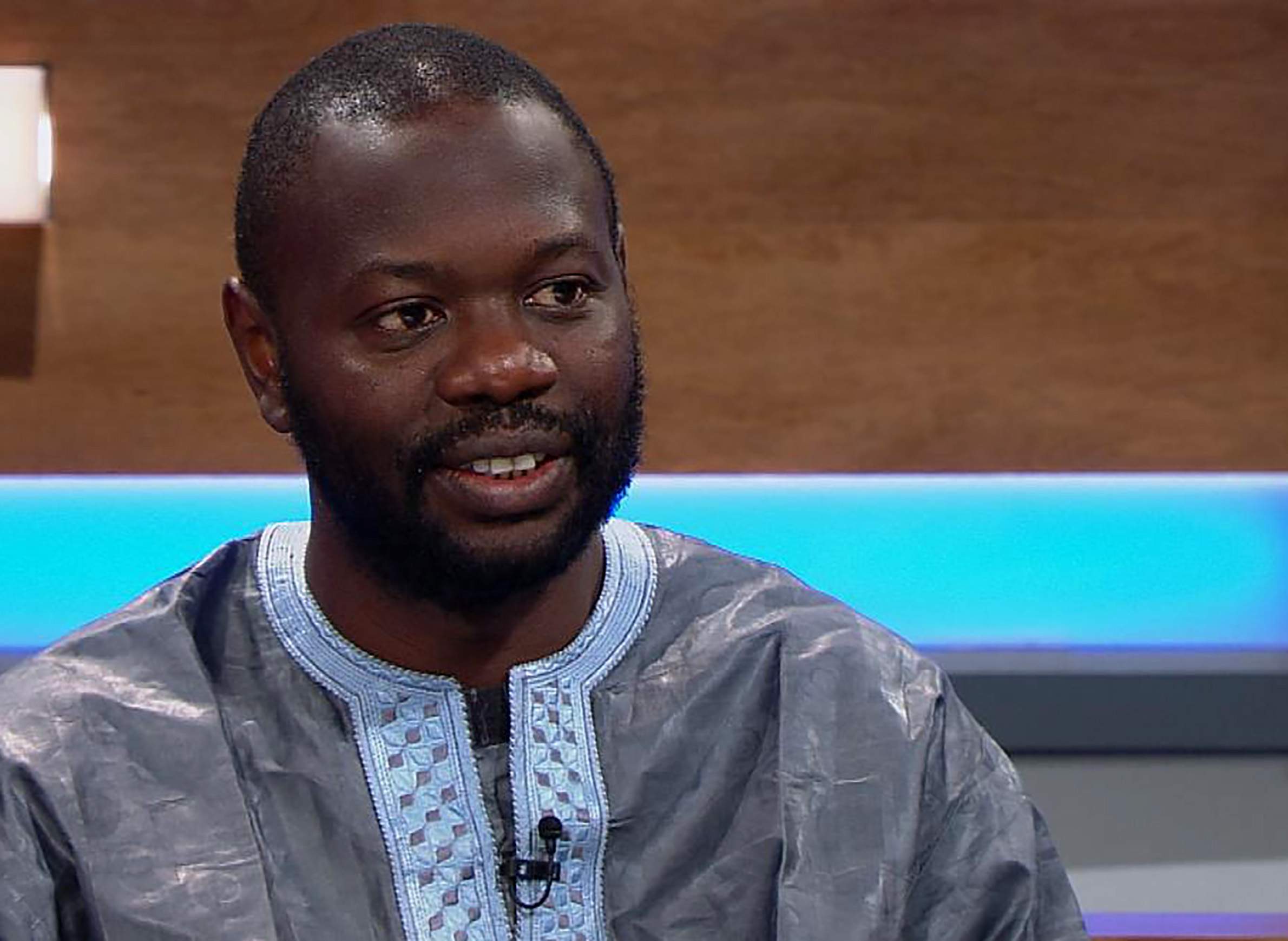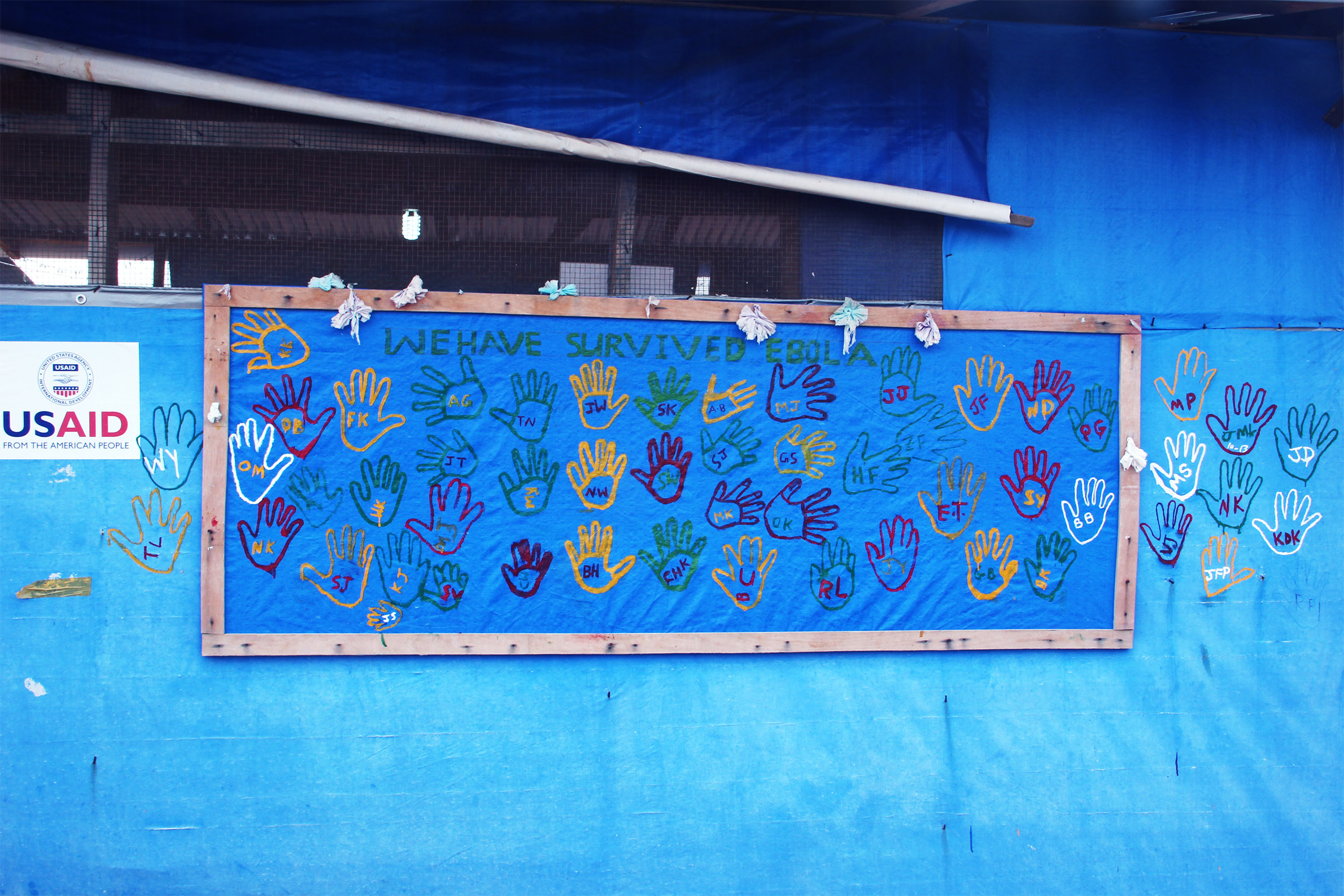
Why A Wisconsin-Developed Ebola Vaccine Represents A Breakthrough

Researchers at the University of Wisconsin-Madison's Waisman Center are working to develop an experimental vaccine for the deadly Ebola virus, and announced in February 2018 that they'll begin phase 1 human clinical trials in Japan by the end of the year. The vaccine has already been tested successfully on monkeys, and the next step is to figure out how exactly those human clinical trials will work.
First identified after 1976 outbreaks in Sudan and Zaire (now the Democratic Republic of the Congo), Ebola virus disease has been particularly hard on people in central and western Africa. In most years, World Health Organization data shows, Ebola might strike a few dozen or a few hundred people. But between 2014 and 2016, a major outbreak struck Guinea, Liberia and Sierra Leone, infecting more than 28,000 people and killing more than 11,000 of those patients. Sporadic cases were found in several other West African nations, with additional isolated and secondary cases in Europe and the United States.
A UW-Madison School of Veterinary Medicine lab led by Dr. Yoshihiro Kawaoka, a virologist, is tackling the Ebola virus as a whole. Kawaoka has studied Ebola for decades, and is also known for his research on human and avian influenza viruses.
Dr. Alhaji Njai, one of the scientists working on the vaccine project in Kawaoka's lab, is a postdoctoral researcher and a native of Sierra Leone. In a March 2, 2018 interview with Wisconsin Public Television's Here & Now, he explained the scientific and public health ramifications of the new Ebola vaccine.
"[In 2014], we set up a functional lab system in Sierra Leone through Professor Yoshihiro Kawaoka's group working on the vaccine, but also looking at some of the molecular causes — why does Ebola kill, why is Ebola so lethal and why do some people survive Ebola?" Njai said. "So, trying to understand more on sort of what are the host pathogen responses around it and then by so doing, we may be able to develop much more efficient, much better novel therapies for Ebola."
The Kawaoka lab isn't the first to try to develop an Ebola vaccine.
Pharmaceutical giant Merck began clinical trials of a vaccine in Guinea in 2015, and reported successful results among thousands of people. However, as a 2017 article in MIT Technology Review explains, this advance, significant as it is, only reveals so much. It's not clear how long the Merck vaccine's protection lasts, and it doesn't cover all strains of the virus.
While progress is being made, the deadly nature of Ebola remains a problem that can benefit from multiple approaches, and the vaccine developed in Wisconsin has one crucial difference.
"So much of the vaccine candidates out there are like fragments of the virus," he said. "What we have now is actually the whole Ebola virus minus… the gene responsible for Ebola to attach to human cells. So what we've done is just basically knock out that gene and then without that gene, the Ebola virus is unable to replicate and it's also unable to attach to human cells."
Despite Ebola's horrific reputation — as a viral hemorrhagic fever, its symptoms include violent diarrhea, vomiting, and internal and external bleeding — patients can survive infection, and a lot of its toll has to do with failures of prevention policy and public health infrastructure.
Njai, who frequently travels to Sierra Leone and founded Project 1808, a non-profit aimed at supporting community and technical development in that nation, said the Wisconsin-developed vaccine holds great promise for the people most at risk of Ebola.
"Having a vaccine that works, and if we have it to work in phase one in December, that will be tremendous news for not just the medical world, but also for the people of Sierra Leone and West Africa because we know whenever Ebola hits, it has the likelihood of coming back," he said.



